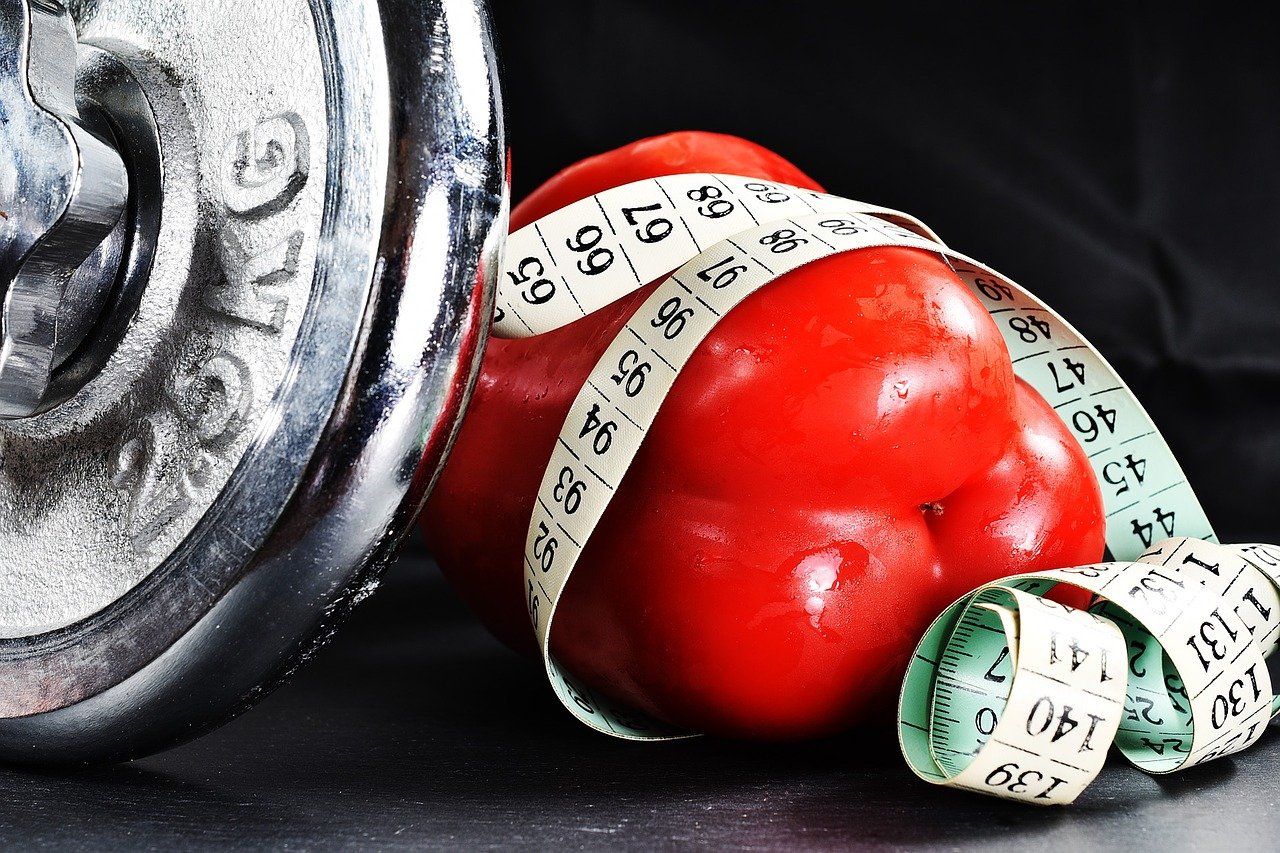Many people are prone to developing various sorts of addictions which are helping them to deal with various psychological issues. Unfortunately, any addiction is not healthy just because it is an addiction. That is why even though it might seem that being addicted to sport is better than being addicted to alcohol, in the reality both of these conditions are addictions and they are disruptive.
When it comes to sport addiction, it might be even more challenging for some people to battle since being a physically active person seems more like something to be proud of rather than to be ashamed of like it happens with substance addictions. In addition to it, there is also a belief in the health profits of exercising which is making it even more tricky for an addicted mind to realise the problem. On top of that, constant increasing of the intensity of workouts can also be mistaken for a natural way of making them more efficient, however addicted people need to do it for the psychological effects in the first place.
Here is more information about the meaning of sport addiction to you.
What does a sport addiction exactly mean?
A sport addiction is a compulsive urge to exercises regardless of anything happening in one’s life at the moment. Severely addicted people will exercise despite having other important things to do right now, not looking at the fact they are already late for some crucial meetings or even regardless of injuries or illnesses. As you can imagine, this behaviour can actually be dangerous for individuals.
It is easy to guess such individuals tend to spend too much time on exercising. Yet, there is a crucial difference between healthy individuals for whom sport is a career and thus, they have to spend long hours exercising and addicted people who are choosing such a lifestyle for no apparent reason. By the way, the first group of people will certainly resign from physical activity if they do not feel well. This will not happen in the case of addicted individuals. This happens because just like in the case of any other addictions, people addicted to sport are showing the symptoms of withdrawal which happens when they have to miss their workouts. For such people, this can be rather painful and disturbing since they are experiencing an elevated anxiety, stress and other unpleasant feelings which they usually address with exercises in the first place.
The types of sport addiction
You should also be aware of the fact there are two types of sport addiction which are more common for people of different genders.
The primary type of a sport addiction is focused on the physical activity itself without any eating disorders. The secondary type is usually caused by the urge to control the body weight that is why it is accompanied by eating disorders.
Researchers have noticed that people between 18 years of age and 35 years of age are more prone to developing such an addiction. At the same time, the primary sport addiction is more widespread among men whereas the secondary type of a sport addiction is more common among women.
The length and frequency of workouts typical for sport addiction
As you can imagine, people suffering from a sport addiction are exercising more and more. Still, it is important to see a difference between a natural increase in the intensity and time of exercising and the one caused by a sport addiction.
Certainly, professional athletes have to exercise a lot and they can do it for hours in a row while preparing for competitions. Yet, it does not make them sport addicts. People addicted to sport are increasing the duration of their workouts and their frequency because they are seeking the psychological effect coming with physical activity such as a boost of energy and the reduction of stress and anxiety. in this case alleviated intensity of workouts is not even the result of a physical need of levelling up with workouts for better performance. In fact, it is one of the major effects of any type of an addiction which is becoming used to a current amount of a substance or addictive behaviour which is not giving wanted effects any more.

